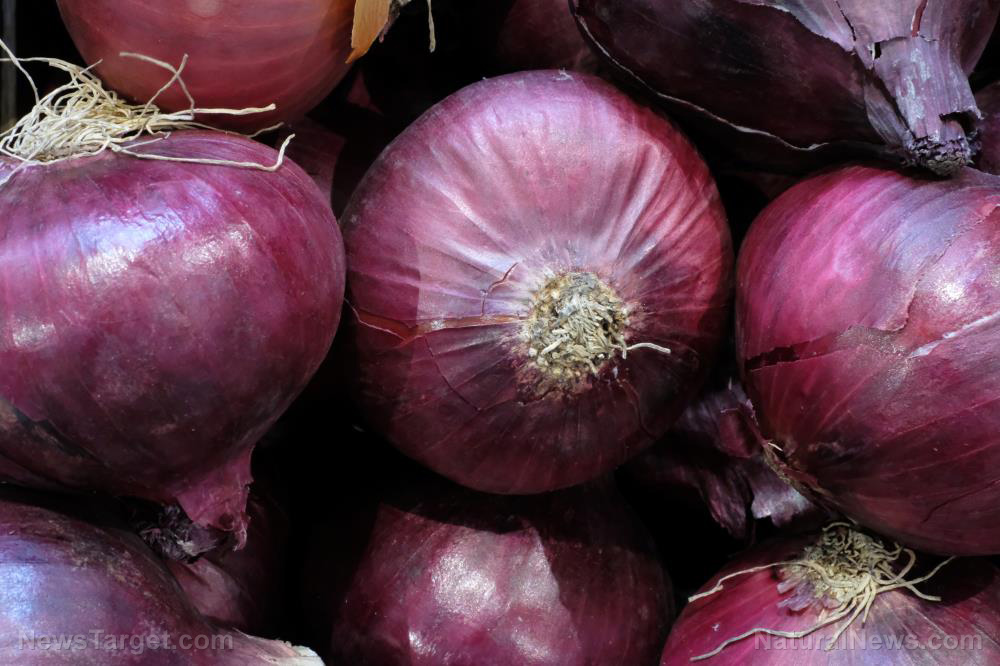 Parler
Parler Gab
Gab
"[P]ro-inflammatory oxylipins 5-hydroxdyeicosatetraenoic acid, 9,10,13-trihydroxyoctadecenoic acid, and 9,12,13-trihydroxyoctadecenoic acid were significantly greater in the older (1.1±0.23nM, 5.6±0.84nM, and 4.5±0.58nM, respectively) versus the younger group (0.34±0.12nM, 3.5±0.33nM, and 3.0±0.24nM, respectively) (p<0.05)."After the 4-week flaxseed intervention the number of oxylipins that were ≥2-fold higher in the older versus the younger group was reduced from 13 to 3. More specifically:
"5-Hydroxyeicosatetraenoic acid, 9,10,13-trihydroxyoctadecenoic acid, and 9,12,13-trihydroxyoctadecenoic acid decreased in the older group to concentrations equivalent to the younger group after flaxseed consumption."The results lead the authors to conclude:
"In conclusion, this is the first study to report differences in plasma oxylipin profiles based upon age and gender. The consumption of milled flaxseed resulted in potentially beneficial alterations in the plasma oxylipin profiles of both the younger and older individuals by reducing oxylipins that induce neutrophil chemotaxis and inflammation. The older groups' plasma oxylipin profile became similar to that of their younger counterparts as a function of the dietary flaxseed. The findings of this study, therefore, have implications for understanding the biochemical changes associated with aging, the potential mechanisms of action responsible for the beneficial physiological effects of dietary flaxseed, and therapeutic strategies for disturbing inflammatory-related conditions and diseases."This is actually not the first time we have reported on a clinical study using flaxseed to modulate oxylipin levels resulting in beneficial health effects. Last year, in an article titled "Flaxseed Reduces Blood Pressure and Decreases Oxylipin Levels", our naturopath contributor Case Adams reported:
"Research from Canada's St Boniface Hospital Research Center and the University of Manitoba has found that taking flaxseed as a supplement can significantly reduce and lower blood pressure - especially among patients with peripheral artery disease, hypertension, and high blood pressure."The positive outcome were produced after 110 peripheral artery disease patients were given 30 grams of ground flaxseed daily for six months:
"After the six months, the flaxseed group had marked and significantly lower levels of oxylipins. Oxylipins are known to be linked with artery damage, thrombosis, hypertension and cardiovascular disease in general. Recent research from Philadelphia's Thomas Jefferson University has linked high oxylipin levels with diabetes as well."
Flaxseed An Easy, Safe, Affordable Alternative To Drugs
We live in an incredible time. Science now regularly confirms age-old aphorisms like "food is medicine," with flaxseed increasingly attracting the attention of medical researchers. Every month or so, a new study appears revealing this humble food's incredible healing power. Not only does it have a multitude of diverse culinary applications and beneficial health effects (we have indexed 70 benefits here), flaxseed has been found surprisingly capable of profoundly reducing the risk of lethal diseases such as cancer. Recently, for instance, we reported on its amazing ability to reduce breast cancer mortality by up to 70% -- a feat that we do not know any drug has yet been demonstrated capable of performing. The implications here are profound. As we have discussed extensively in the past with turmeric, the science-based validation of foods as not only therapeutic but superior to drugs in the prevention and treatment of disease has revolutionary implications for the future of medicine. Read more at: GreenMedInfo.comThe sweet saga of fruitcake: A nutritional powerhouse with a long shelf life
By Zoey Sky // Share
Iodine-rich foods fight breast cancer
By News Editors // Share
By Lance D Johnson // Share
Five reasons to eat more onions
By News Editors // Share
Surveillance rewires how we perceive others, affects the subconscious in primal ways
By Lance D Johnson // Share
Governments continue to obscure COVID-19 vaccine data amid rising concerns over excess deaths
By patricklewis // Share
Tech giant Microsoft backs EXTINCTION with its support of carbon capture programs
By ramontomeydw // Share
Germany to resume arms exports to Israel despite repeated ceasefire violations
By isabelle // Share










